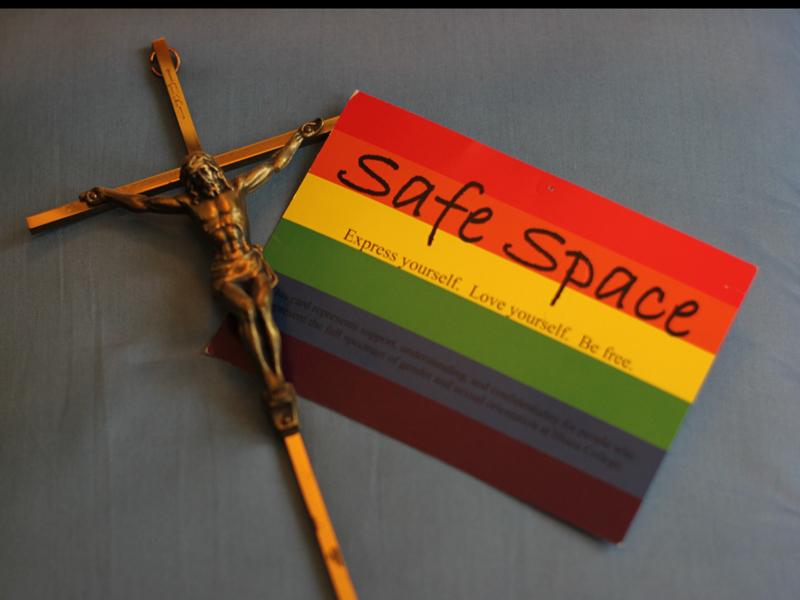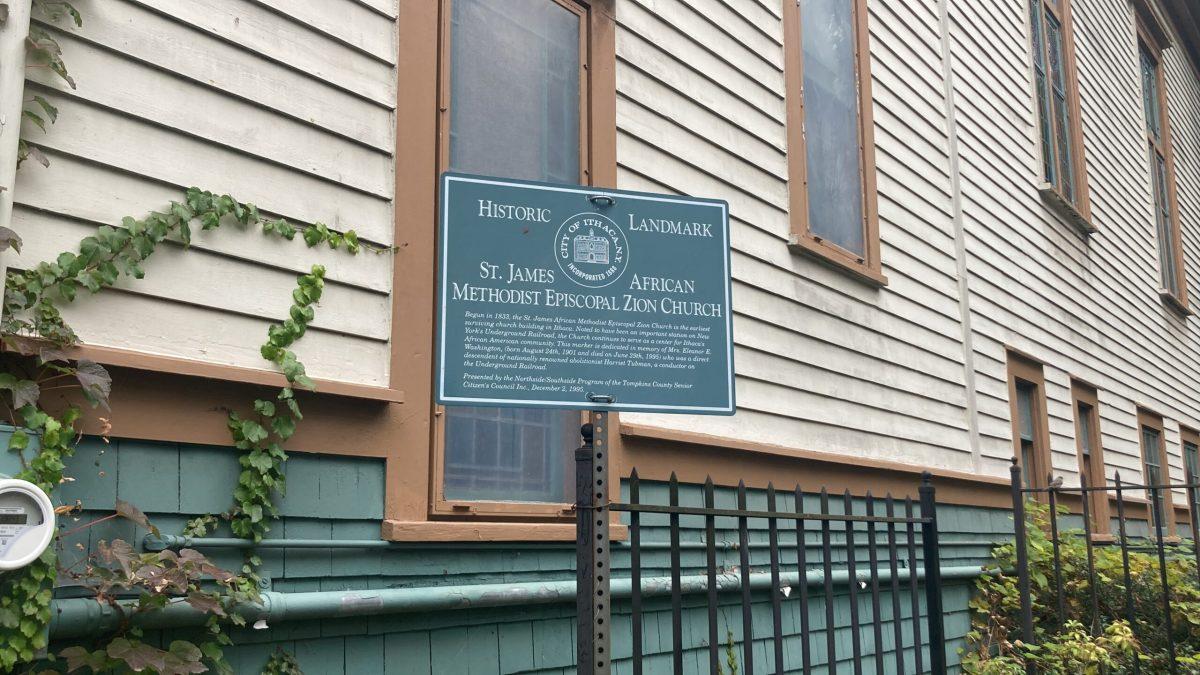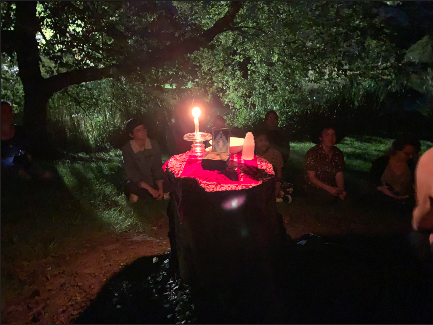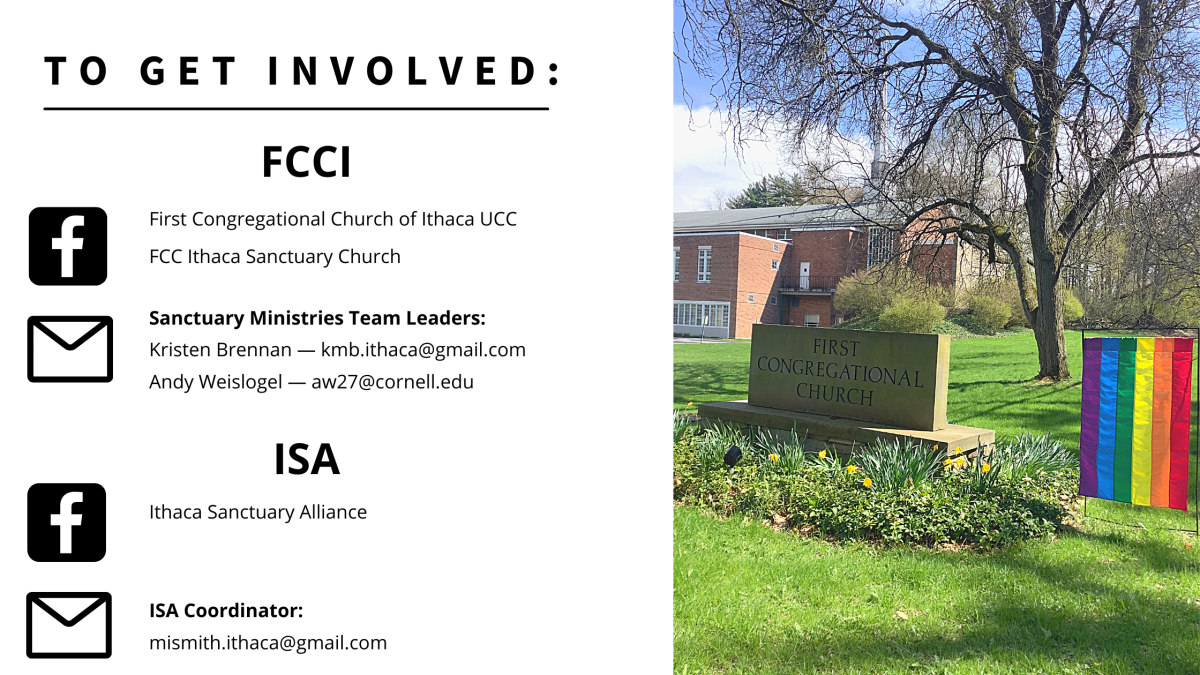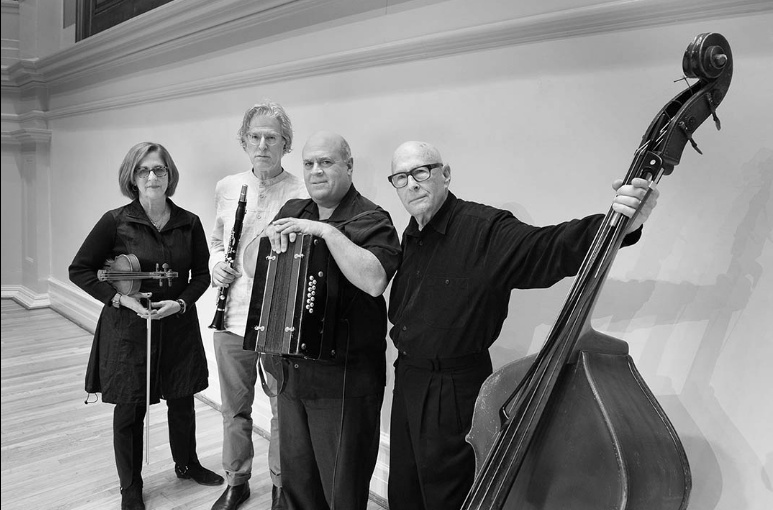“I was very uncomfortable with myself,” she said. “I was very conflicted. I had one voice in my head telling me I was fine, I should accept myself, God loves me for making me this way. And then I had the voices of all the catholic education I’ve had. All the guilt that had been ingrained in my mind.”
As the Supreme Court hears oral arguments for two cases that could decide the fate of gay marriage in the country, new polls show that American Catholics are more supportive of these rights than the rest of the country. A March 8 Quinnipiac poll found that while 47 percent of Americans overall support legalizing gay marriage, 54 percent of U.S. Catholics support marriage equality.
Casey Lopata, vice president of Fortunate Families, an officially pro-gay marriage network that supports and connects parents of LGBT children, said because his group exists outside the formal Catholic church, the group can more effectively advocate for LGBT rights.
“We do not answer to an archdiocese or bishop or anybody in the hierarchical Church,” he said. “We exist because, as parents, we have more leverage than the church with our lesbian, gay, bisexual and transgender sons and daughters. It’s much easier for us to speak up and be advocates for LGBT people than it is for somebody that could jeopardize their job.”
American Catholics are increasingly rejecting Vatican teachings on a range of social issues. A 2011 Guttmacher Institute survey found that 98 percent of Catholic women in the United States use birth control forbidden by the Church, and more than 80 percent of these women find the practice morally acceptable. A majority of Catholics in the country also disagree with the hierarchy on issues such as divorce, pre-marital sex, and stem-cell research.
Rev. Jeff Tunnicliff, pastor of Immaculate Conception Church in Ithaca, said while the church teaches that homosexual unions go against natural law, part of which is the complement of a man and a woman together in marriage, it also preaches against discrimination and hatred of any group of people, and that people should not be attacked for who they are.
“A major challenge in the Church speaking about gay people is deciding the right language,” said Tunnicliff. “Sometime the language people do find very hateful, and it’s not that way. We are never to hate the individual. If we know anybody that is living any sin, we are called to still love them and encourage them to change.”
Ciabottoni came out to a few members of her Catholic community, including her campus minister, and said while she was a little apprehensive at first she found a well of support within her church. While she is the only LGBT Catholic she is aware of in her community, she started a discussion last fall to discuss homosexuality and religious faith.
“I opened the floor during mass and said, ‘If anyone wants to talk about homosexuality and religion and Catholicism, they could come talk to me,’” she said. “No one has contacted; however, I got a lot of good responses from Catholic allies. That’s good to know.”

